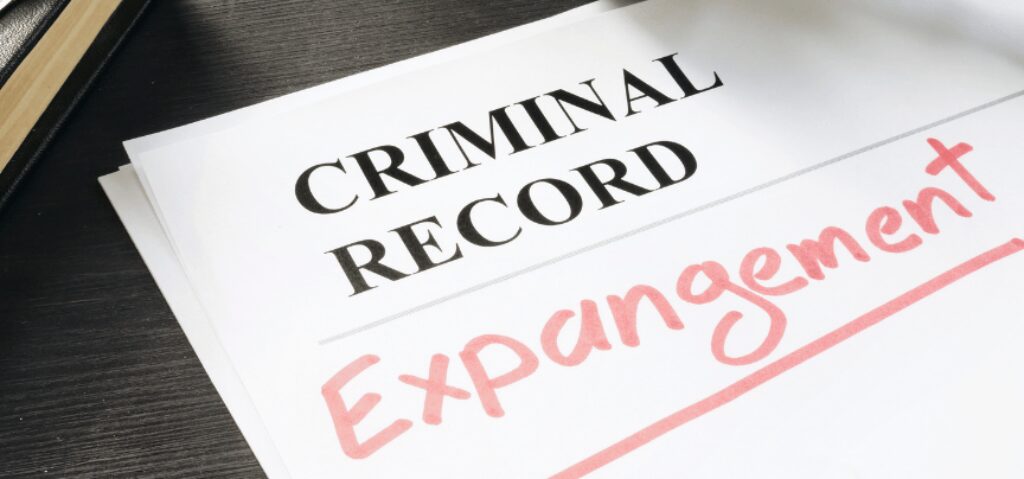
Getting charged with Driving While Intoxicated (DWI) can be a daunting experience, leaving you feeling confused and overwhelmed. It’s a serious situation, but it’s important to remember that taking immediate and thoughtful actions can significantly impact the outcome.
This comprehensive guide outlines the essential steps to take following a DWI charge, emphasizing the importance of enlisting a DWI lawyer to defend your rights and guide you through the process.
Table of Contents
What to Do?
1. Record the Details

Source: linkedin.com
Immediately after being charged, it’s crucial to document every aspect of your arrest meticulously. This includes the time and location of the stop, the identity and badge numbers of the officers involved, their reasons for the stop, what was said during the interaction, and your actions and consumption prior to driving. Capturing these details can be instrumental in your defense, providing your attorney with a comprehensive overview of the incident to identify any procedural errors or rights violations. This information can also help reconstruct the scenario accurately for a court or during negotiations.
2. Secure Legal Representation
Contacting a lawyer who specializes in DWI cases as soon as possible is critical. An experienced attorney will not only guide you through the complexities of the legal system but also serve as your advocate, ensuring your rights are protected throughout the process. Their expertise in DWI law can make a substantial difference in the outcome of your case, potentially leading to reduced charges or even dismissal. An attorney can also help manage communications with law enforcement and the court, ensuring you don’t unintentionally compromise your case.
3. Understand Your Rights
After an arrest, it’s essential to be aware of and exercise your legal rights effectively. You have the right to remain silent, preventing self-incrimination, and the right to an attorney, which you should invoke immediately. Understanding these rights and how to exercise them properly can protect you from making statements or decisions that could negatively impact your case. Additionally, familiarize yourself with your state’s specific laws regarding DWI charges, as these can vary and may influence your defense strategy.
4. Attend the DMV Hearing

Source: google.com
The implications of a DWI charge on your driving privileges start almost immediately, with many states automatically suspending your driver’s license. You typically have a brief period, such as 10 days, to request a hearing with the Department of Motor Vehicles to challenge this suspension. Act swiftly to secure this hearing; delaying or neglecting to request it can lead to an extended period without driving privileges, affecting your daily life and responsibilities. This hearing is also an opportunity to gather information that might be useful for your defense.
5. Assess Your Insurance
Following a DWI charge, reaching out to your insurance provider is a step that cannot be overlooked. Expect changes in your policy; premiums may rise significantly, or your policy might be canceled. Understanding how your insurance will be affected is essential for financial planning and ensuring you meet any mandated coverage requirements for maintaining or reinstating your driver’s license. Some insurance companies offer specific policies for drivers with DWI charges, which might be worth exploring.
6. Consider Substance Abuse Programs

Source: pillarscommunityhealth.org
Participating in a substance abuse program can serve as a proactive measure demonstrating your commitment to rehabilitation, which can favorably influence the court’s perception of your case. These programs not only help in your personal recovery but also show the court your willingness to take responsibility and make positive changes. Completing such a program before your court date may sway the decision-making process, potentially leading to more lenient sentencing or alternative rehabilitation-focused penalties.
7. Prepare Financially
The financial repercussions of a DWI charge are significant and varied, including legal fees, fines, increased insurance premiums, and the costs associated with substance abuse programs or other court-mandated requirements. Early financial planning is crucial to manage these expenses without undue stress. It may be necessary to adjust your budget, set up a savings plan, or explore payment plans and financial assistance for legal fees. Being proactive about your financial situation can help you navigate this challenging time with one less worry.
8. Maintain Compliance with Court Requirements
Strict compliance with all court-imposed restrictions or requirements is non-negotiable. Whether it’s the installation of an ignition interlock device on your vehicle, regular alcohol monitoring, or attending DWI education programs, adherence demonstrates your respect for the legal process and commitment to meeting your obligations. Failure to comply can result in additional penalties or extend existing ones, further complicating your situation and potentially affecting the outcome of your case.
The Legal Process

Source: google.com
Typically, the process includes several stages such as arraignment, pre-trial motions, the possibility of plea bargaining, and sometimes a trial. Throughout these stages, your attorney plays a vital role in shaping your defense, challenging the prosecution’s evidence, and negotiating terms that could lead to a more favorable outcome..
Long-term Considerations
Record Expungement

Source: entrapped.com
In certain cases, it might be possible to have your DWI charge expunged, or removed, from your record. This process is heavily dependent on the laws of your state and the specifics of your case. An expungement can relieve some long-term consequences of a DWI charge, making it easier to move forward. Discuss the possibility and process of expungement with your attorney to understand if it’s a viable option for you.
Impact on Employment
A DWI charge can have lasting effects on your employment situation. It can impact your current position, especially if driving is a part of your job, and affect future job opportunities, as many employers conduct comprehensive background checks. It’s important to be upfront about your situation with potential and current employers, as honesty can sometimes mitigate the impact of a DWI charge on your employment.
Lifestyle Adjustments
Adjusting your lifestyle post-DWI charge is a critical step towards ensuring this situation doesn’t recur. Consider making changes that will help you avoid future incidents, such as utilizing ride-sharing services when planning to drink or engaging in alcohol education and support groups.
To Wrap Things Up
A DWI charge is undoubtedly a serious and stressful ordeal. However, with the right approach and immediate action, it’s possible to mitigate the consequences and move forward. A DWI charge doesn’t define your future—it’s how you respond and adapt that shapes your path ahead.







